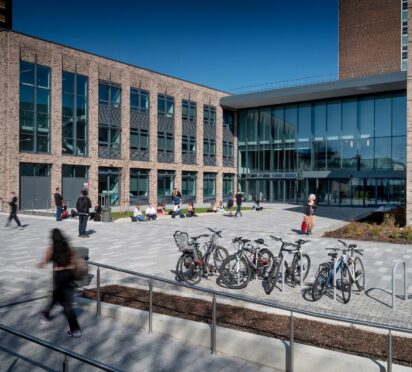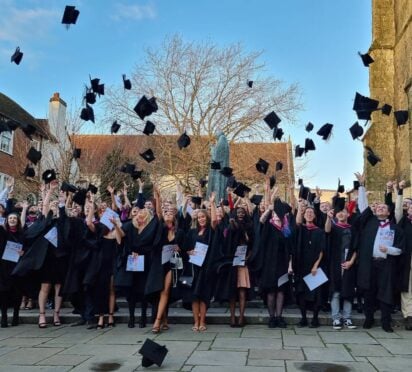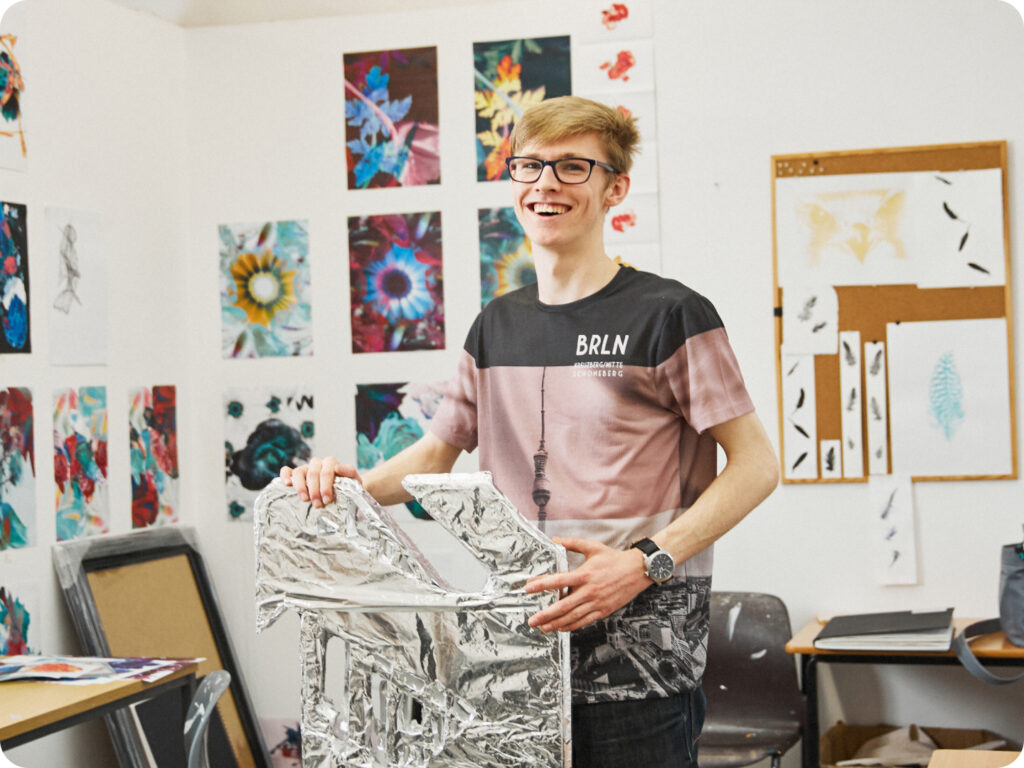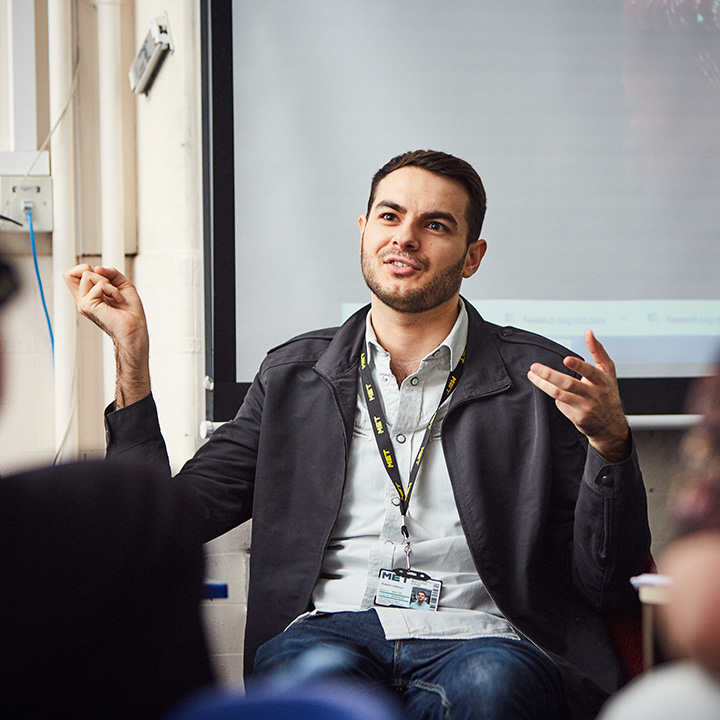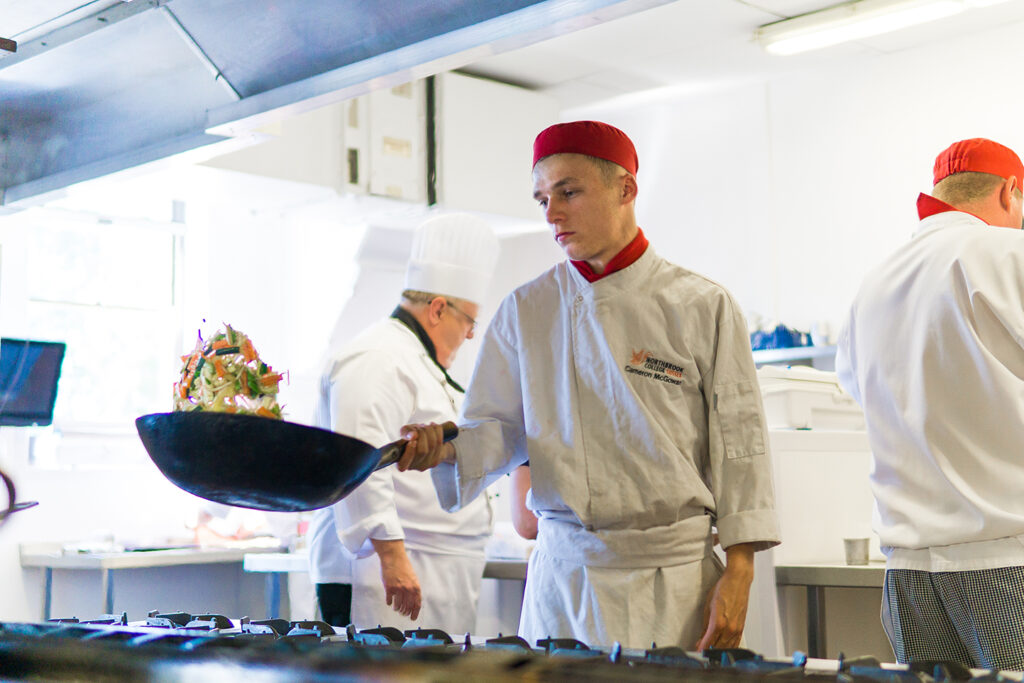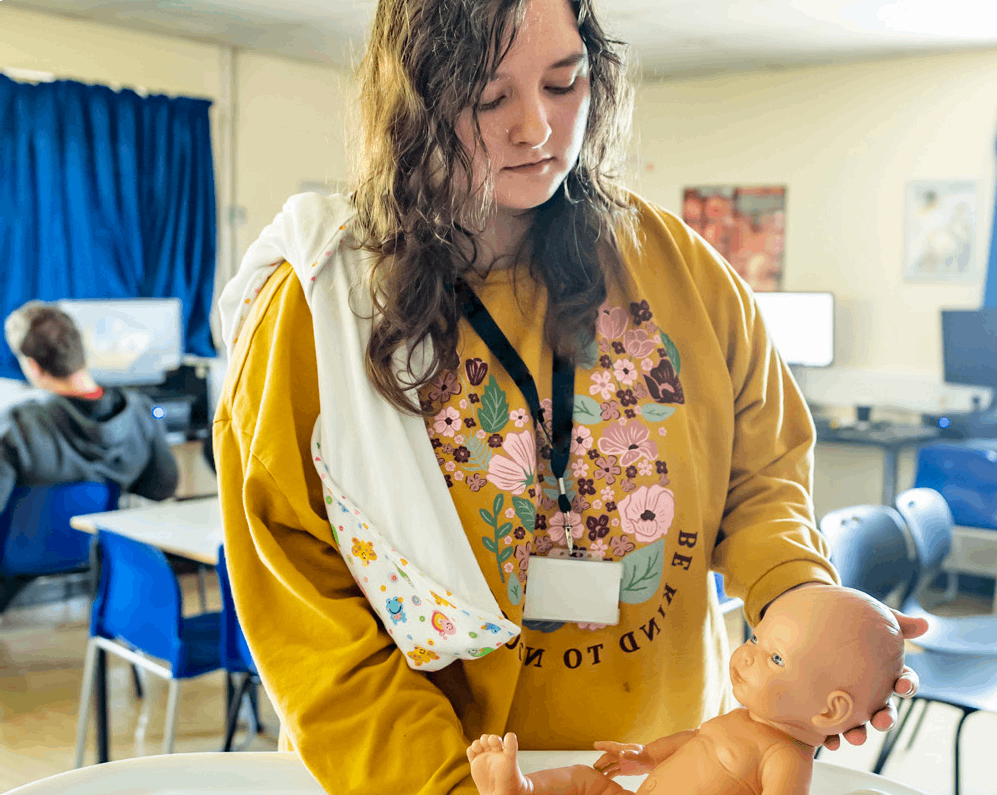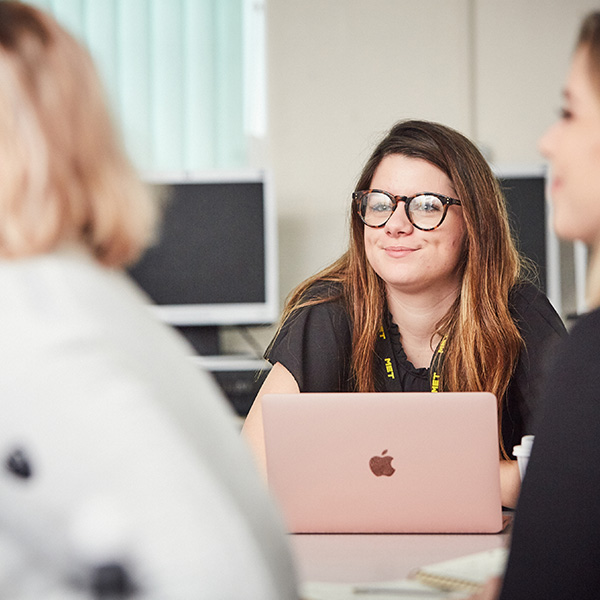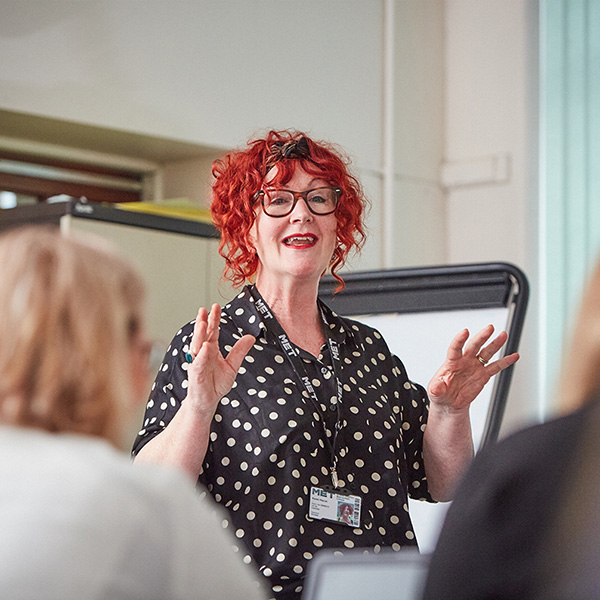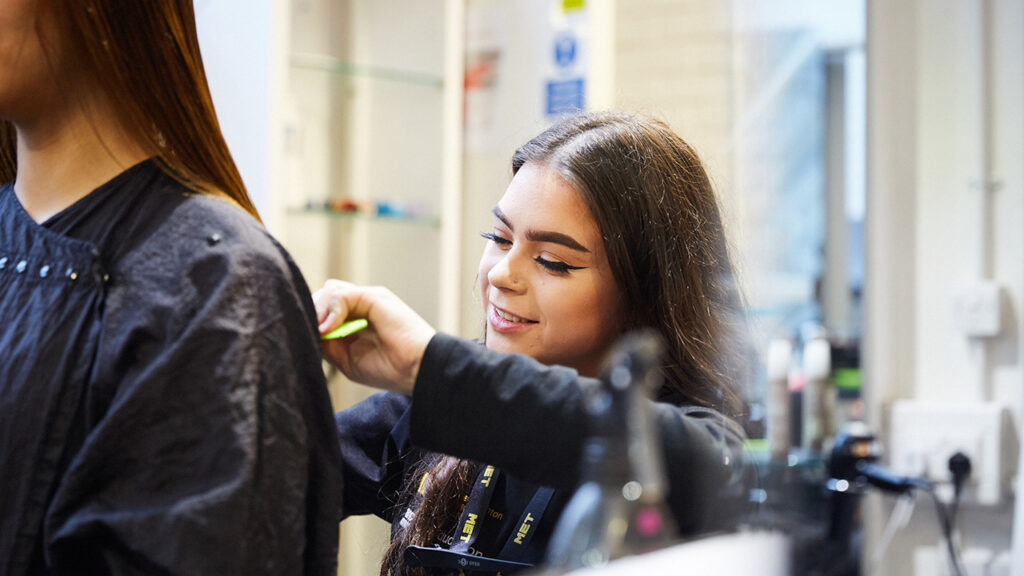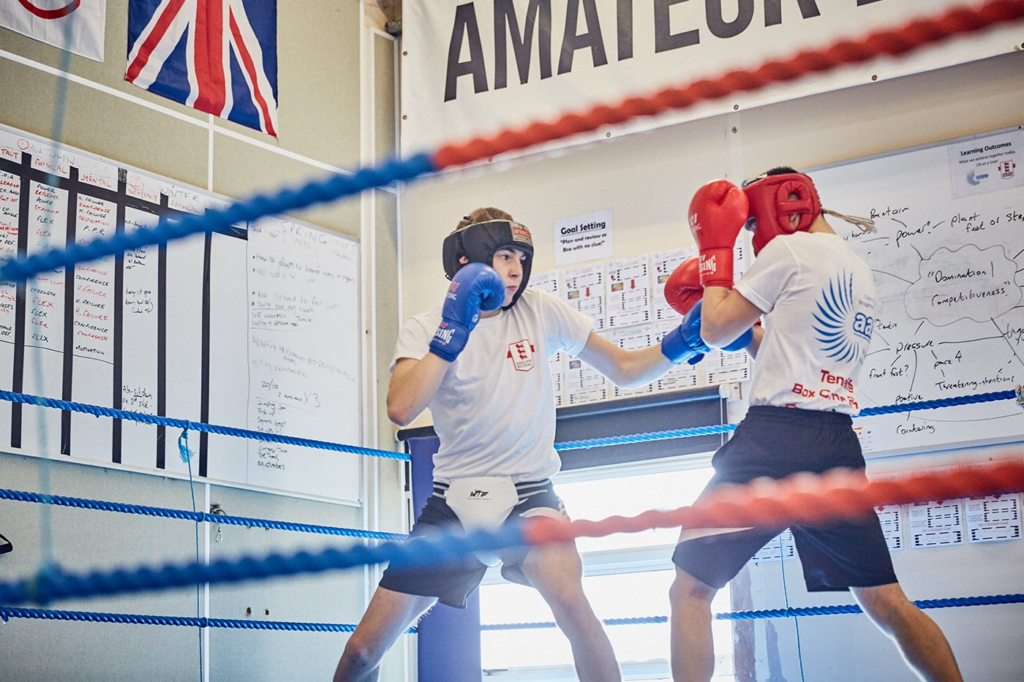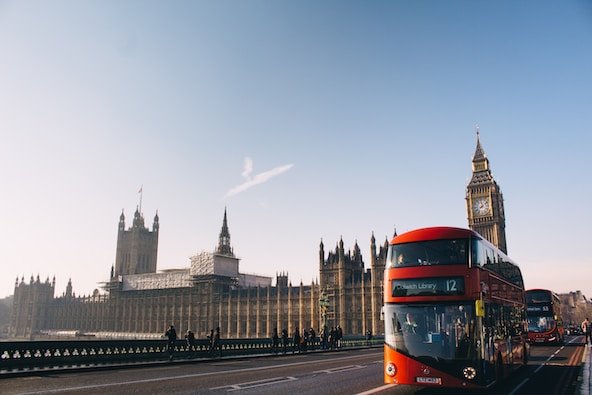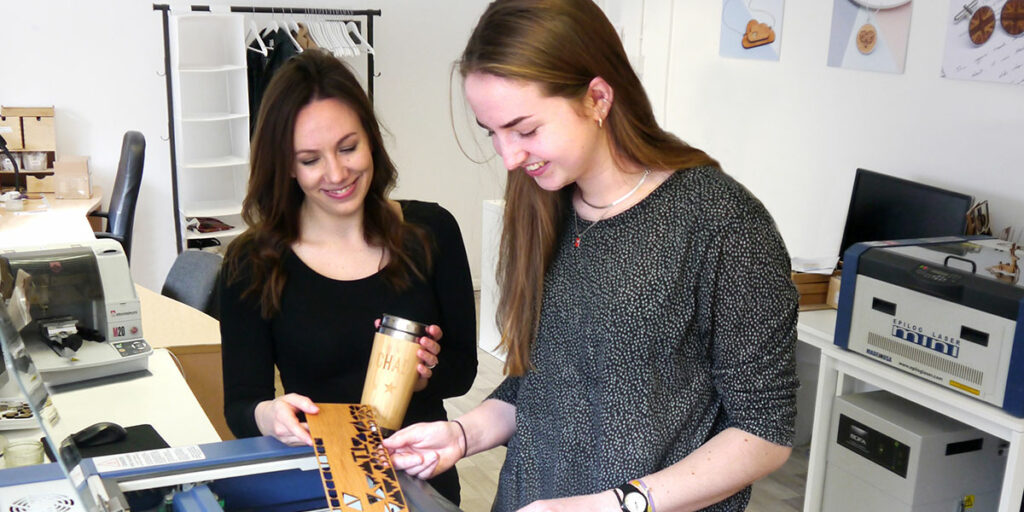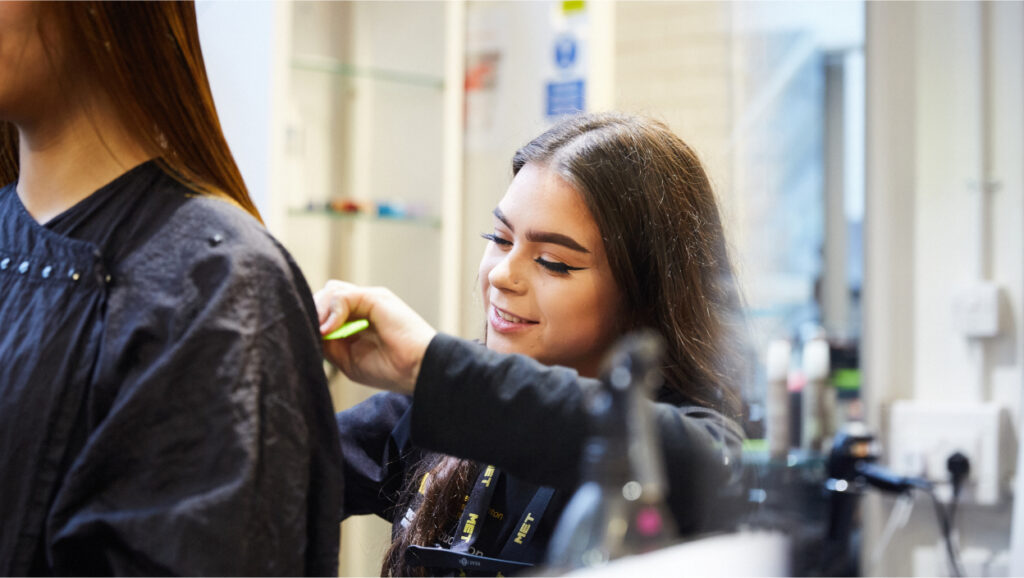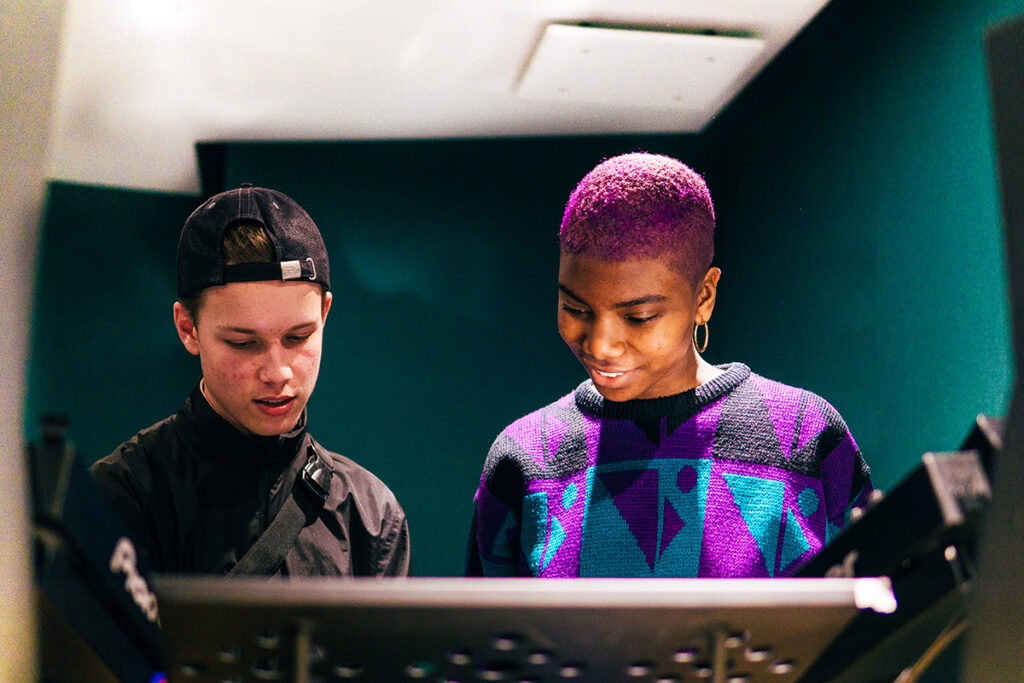Our applications are now open for courses starting in 2024. So if you’re planning your next move after school, looking for a career change or want to start a new hobby search for a course at the MET and sign up now!
School Leavers
Continuing your education is a big step, and one that opens many doors.
Our wide range of vocational BTECs, diplomas and T-Level courses can set you up for a successful career with a fantastic qualification.

Courses for School Leavers
college life
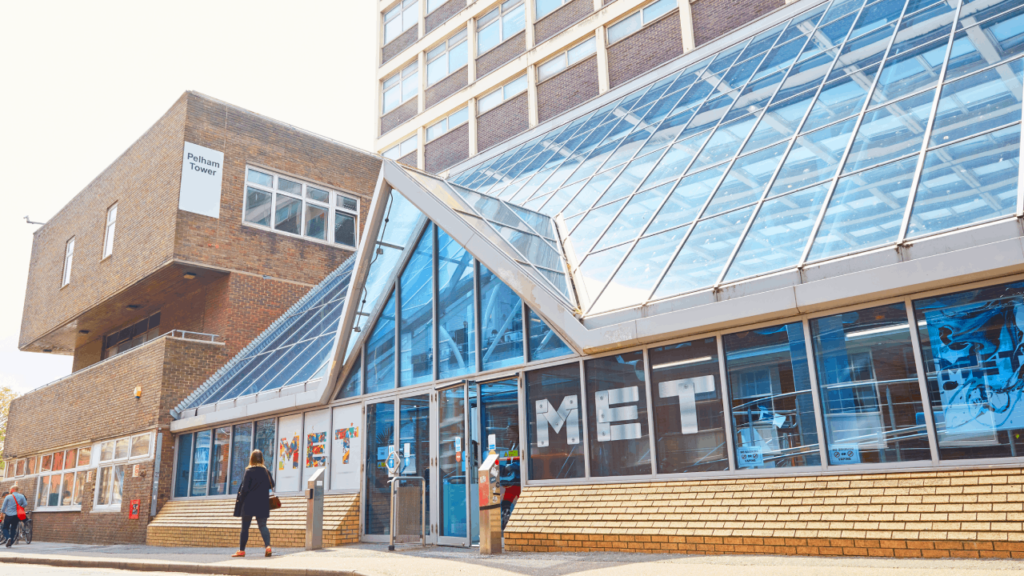
Explore
BRIGHTON MET CAMPUSES
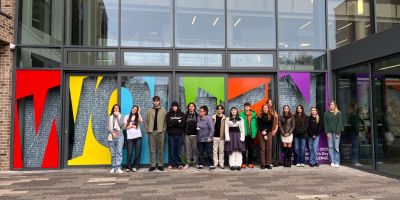
Explore
STUDENT UNION

Find out about
TERM DATES
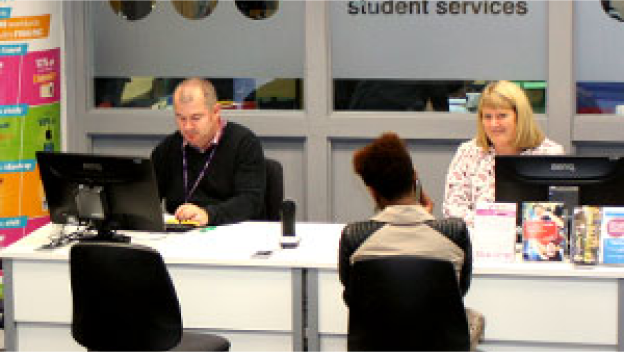
Find out about
STUDENT SERVICES
THE LATEST UPDATES
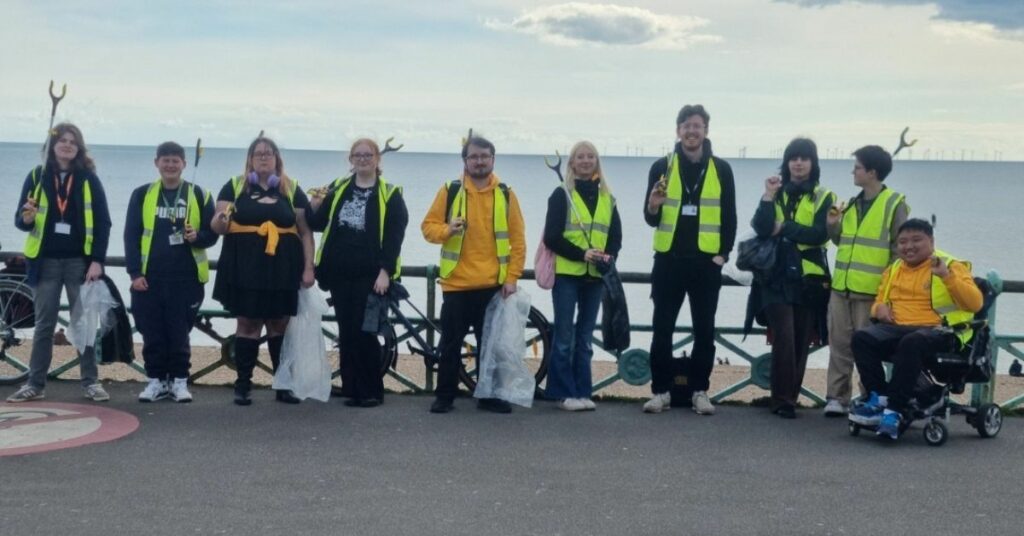
Student Union take action to keep Brighton Beach clean
23 April 2024
Last Wednesday, students from Brighton MET’s Student Union turned out in their numbers to help keep Brighton Beach clean and rubbish-free.
Find out more

Brighton MET proves Sustainability Matters
12 April 2024
Brighton MET College recently hosted the second-ever ‘Sustainability Matters’ Event, inviting various industry professionals and companies.
Find out more
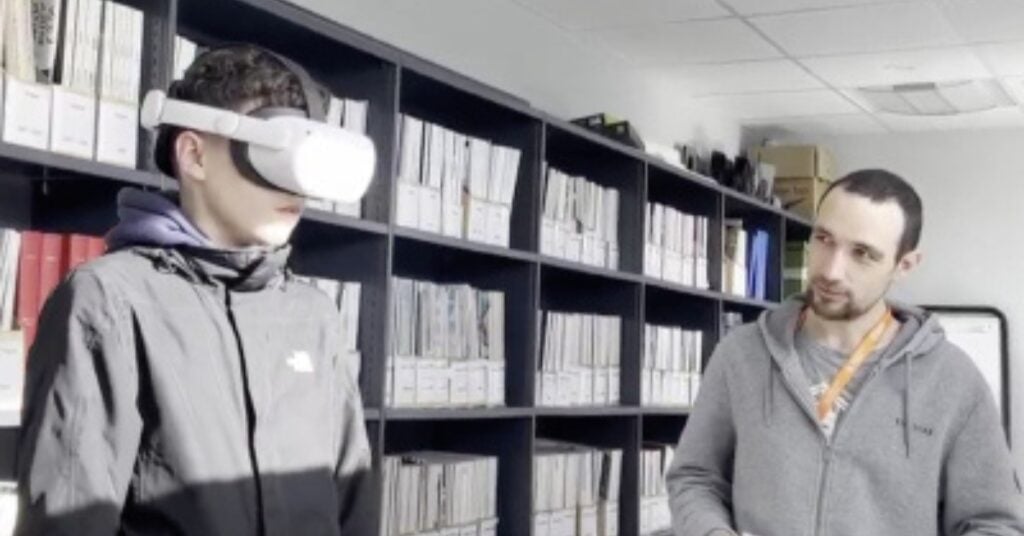
Chichester College Group welcome Innovative Virtual Reality Pilot
25 March 2024
The Digital Support & E-Learning Team at the Chichester College Group (CCG) have been at the forefront of innovation…
Find out more

MET students finish second in MEI Maths Challenge regional final
18 March 2024
Four Brighton MET students who are retaking their Maths GCSE this summer finished second in the Go Forth category.
Find out more
